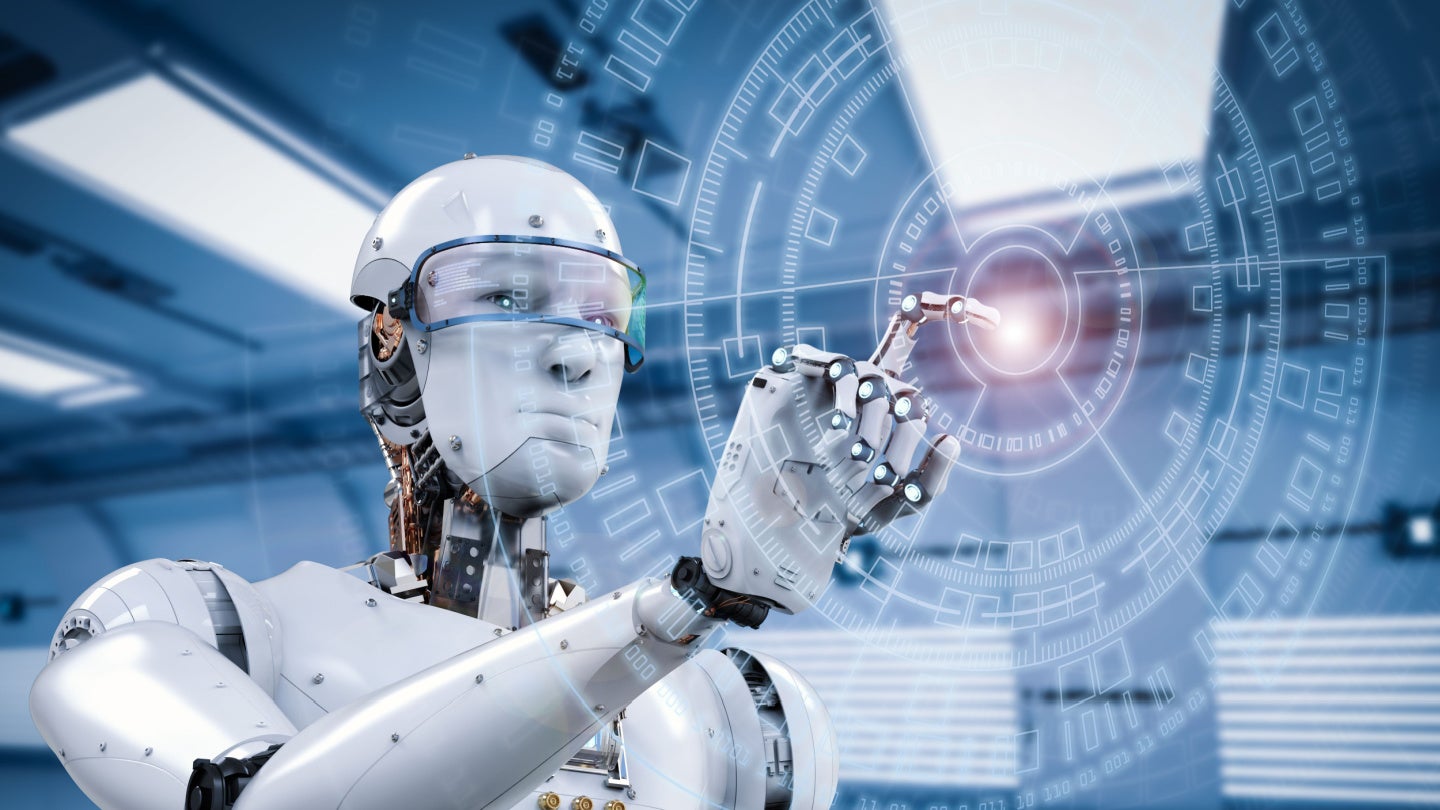Technological unemployment is not unique to the 21st century.
The trend has been observed throughout history, from the invention of the wheel to the Agricultural and Industrial Revolutions, to Charlie Bucket’s father losing his job at the toothpaste factory to a machine in Charlie and the Chocolate Factory. Where innovation goes, change inevitably follows, and artificial intelligence (AI) is arguably the most significant innovation of our age.
The Centre for AI Safety identifies technological unemployment (or, as it calls it, “enfeeblement”) as one of the risks posed by AI: “As the world accelerates, organizations may voluntarily cede control to AI systems to keep up. This may cause humans to become economically irrelevant, and once AI automates aspects of many industries, it may be hard for displaced humans to re-enter them. In this world, humans could have few incentives to gain knowledge or skills.”
While this eventuality has not yet materialized, foresight and planning are needed to ensure workers prosper alongside AI advancements.
A lesson in unemployment from environmentalists
In the climate change industry, the concept of a just transition encourages a focus on workers’ rights to help them adapt to a more sustainable world. This may, for example, include initiatives to upskill fossil fuel workers so they may find suitable jobs in a renewable energy company.
A 2017 report by McKinsey Global Institute found that, by 2030, AI could account for up to 800 million jobs. From shipping and delivery roles slowly being automated to simple household cleaning tasks taken over by domestic robots, we are already seeing the growing application of AI. The launch of ChatGPT in November 2022 further exemplified its wide-ranging capabilities. The large language model (LLM) has already created an investment portfolio that outperformed leading UK funds and has written sonnets in seconds.
How well do you really know your competitors?
Access the most comprehensive Company Profiles on the market, powered by GlobalData. Save hours of research. Gain competitive edge.

Thank you!
Your download email will arrive shortly
Not ready to buy yet? Download a free sample
We are confident about the unique quality of our Company Profiles. However, we want you to make the most beneficial decision for your business, so we offer a free sample that you can download by submitting the below form
By GlobalDataConsidering, applying the just transition theory may benefit those workers who are most vulnerable to displacement by AI.
A just technological transition
One way to enable a just transition is through education. However, although education is more accessible than ever—there are state-funded schools and heavily subsidized university fees in many parts of the world, and free courses on YouTube, Coursera, and Udemy—a lack of direction and time can be significant barriers to upskilling.
To solve the former problem, commentators recommend focusing on science, technology, engineering, and mathematics (STEM) education, which may enable people to take roles within AI. This can range from engineering and analyzing AI to researching, consulting on, and overseeing the application of AI across sectors.
In the UK, Prime Minister Rishi Sunak recently announced plans to make the study of math compulsory until 18. Advocates believe this will better equip individuals with the specialized knowledge they need in a working world dominated by technology.
It may also be pertinent for governments to place the onus on employers, encouraging them to integrate relevant training sessions into their workers’ schedules. This would ensure that workers have the time to learn skills that will help them acclimatize to an AI-powered world.
A universal solution
In the not-implausible scenario where upskilling does not mitigate the extent of job displacement, a route to a just transition may lie in universal basic income (UBI). Guaranteeing income to citizens regardless of employment status ensures they can meet their needs in the face of competition with AI.
Trials of this have already been done in Finland with positive results on well-being (albeit mixed social responses), and a think tank, Autonomy, is currently testing UBI in the UK. The implications of UBI on capitalism are obvious. As the Centre for AI Safety’s above statement foreshadows, humans may “have few incentives to gain knowledge or skills” and no longer innovate for profit. However, in this scenario, innovation may be left to AI, and we may find ourselves exploring a different notion of the human experience supported by a guaranteed income.
A global focal point for unemployment
As governments continue to assess the impacts of AI on the economy and the workforce, the concept of a just transition must be incorporated into policies and regulations with an international perspective. The socio-economic effects of technological unemployment are unequal. Low and middle-income countries may have the slowest adoption of AI yet will be disproportionately affected once it is integrated into their societies.
Global co-operation is, therefore, a key aspect of facilitating a just transition. This will help protect workers and livelihoods in a world that is rapidly being transformed by technology. Or, should AI replace our jobs as a robot did to Charlie Bucket’s father, perhaps we can hope to inherit a chocolate factory and live our lives in sweet, chocolatey, bliss.









Related Company Profiles
Udemy Inc
Coursera Inc